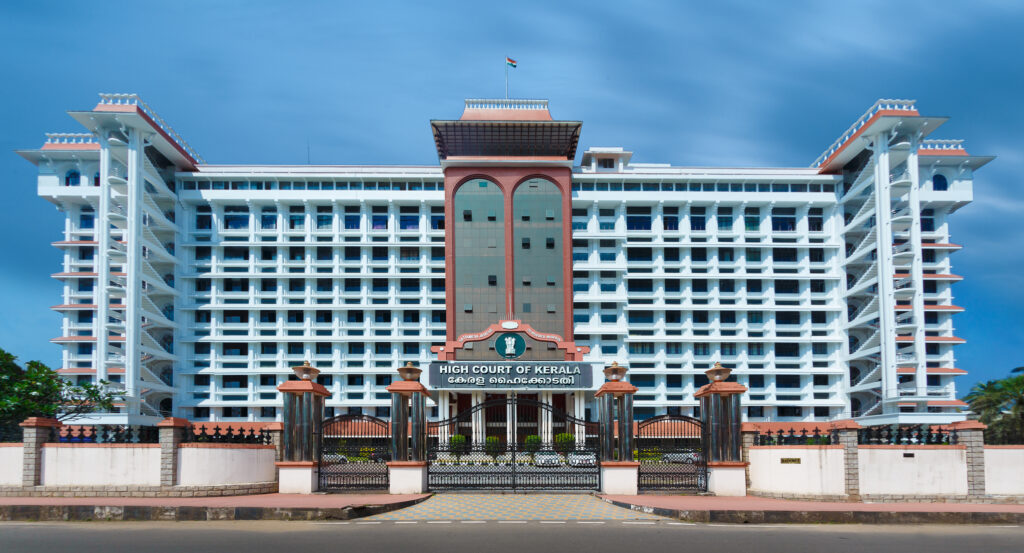The Kerala Police Act states that if departmental inquiries are started based on the same facts as a criminal case that resulted in an acquittal, no punishment can be given. This was confirmed by the Kerala High Court.

The Kerala High Court emphasized that if departmental inquiries are based on the same facts as a criminal case that resulted in an acquittal, then no punishment can be given to the accused. The Court was reviewing an Original Petition under Article 227 of the Constitution regarding an Administrative Tribunal’s decision to reinstate a police constable with all related service benefits, including promotion and back pay. The constable was accused of stealing five barrels of sandalwood oil, which was considered contraband. A Division Bench, consisting of Justice Anil K. Narendran and Justice P.G. Ajithkumar, referred to the restrictions in the Kerala Police Act, 2011, and previous interpretations by the High Court, concluding that there was “no reason to interfere” with the Tribunal’s decision. The Court supported the Tribunal’s ruling that the constable should receive all service benefits but limited his back pay to three years.
A disciplinary inquiry found the constable guilty, leading to his dismissal by the District Superintendent of Police. His appeals to higher police officials were rejected. Upset by this, the constable approached the High Court, which sent his case to the Kerala Administrative Tribunal. He argued that since he was acquitted by the Chief Judicial Magistrate in the related criminal case, disciplinary action against him was not permissible under Section 101(8) of the Kerala Police Act, 2011.
Section 108(1) states that if a departmental inquiry is started based on the same facts as a criminal case that results in acquittal, the accused cannot be punished. The Court referenced a previous ruling, explaining that while departmental actions can occur alongside criminal cases, if the criminal court finds the accused not guilty, they cannot face penalties for the same facts. The Court also mentioned that if new evidence arises in the departmental inquiry and the facts differ, then punishment may be possible.
The Tribunal reviewed the constable’s argument based on Supreme Court rulings and decided that the penalty against him was not valid. It found that the issues in both the disciplinary and criminal cases were identical. The Court pointed out that the disciplinary actions began before the Kerala Police Act, 2011, but since the case was still ongoing, the respondent could benefit from this provision. The Court referred to the Supreme Court’s decision in Paul Anthony v. Bharat Gold Mines (1999), which stated that being acquitted in a criminal case automatically clears the accused from any related departmental actions. It also noted that while there is usually a difference in how departmental and criminal cases are approached, if new evidence is presented in the departmental inquiry that significantly changes the facts, then punishment may still be warranted.
Cause Title: Superintendent Of Police v. V.V. Kumaran [2024:KER:79223]








